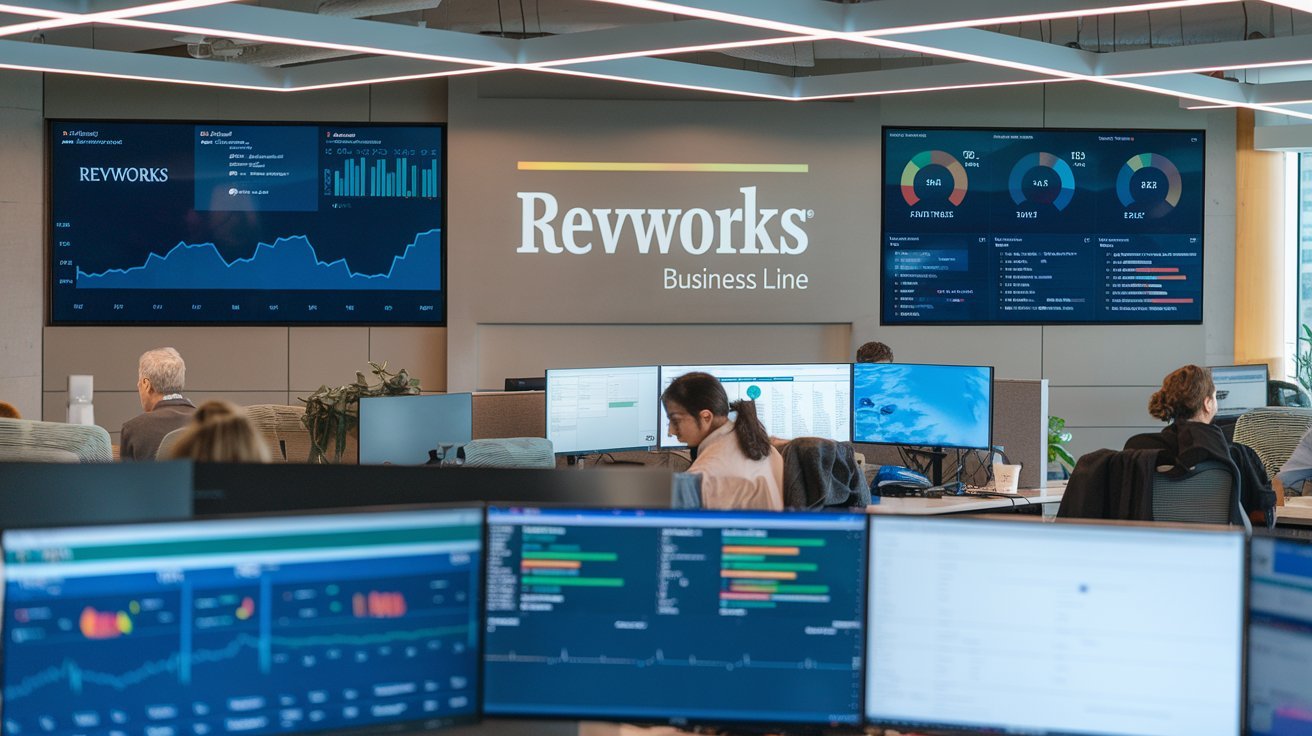
PedroVazPaul O Executive Coaching
Introduction
The PedroVazPaul O Executive Coaching principle of executive coaching is individual career advancement training for individuals who are already holding or gearing up for higher positions in an organization. This means a trained social specialist who collaborates with an operational director to improve his or her performance, manage conflicts, and fulfill set objectives. We usually subdivide this into desired goals, appraisal of the firm, and a systematic approach towards reform.
What is Executive Coaching?
Executive coaching is a personalized, one-on-one development process aimed at helping executives and high-potential employees grow in their roles. It involves a professional coach working with an executive to enhance their leadership skills, navigate challenges, and achieve specific goals. The process typically includes setting objectives, assessing strengths and weaknesses, and developing strategies for improvement.
Key Components of Executive Coaching
- Goal Setting: Defining clear, achievable goals.
- Assessment: Evaluating strengths, weaknesses, and areas for development.
- Development Plan: Creating a roadmap for achieving the set goals.
- Feedback: Providing regular, constructive feedback.
- Support: Offering continuous support and guidance.
About PedroVazPaul O Executive Coaching
PedroVazPaul O Executive Coaching stands out for its tailored approach, focusing on the unique needs of each client. With a background in leadership and organizational behavior, PedroVazPaul O brings a wealth of experience and expertise to the coaching process.
Unique Selling Points
- Personalized Approach: Customized coaching plans for each executive.
- Experienced Coach: Extensive background in leadership and business management.
- Proven Results: Track record of successful outcomes for clients.
- Comprehensive Services: Wide range of coaching services covering various aspects of executive development.
The Coaching Process
PedroVazPaul O Executive Coaching structures its process to be flexible, allowing adaptations based on the client’s progress and changing needs.
Initial Consultation
The first step involves an initial consultation to understand the client’s goals, challenges, and expectations. This session helps in establishing a rapport and setting the foundation for the coaching relationship.
Goal Setting and Assessment
During this phase, specific goals are identified, and an assessment of the executive’s current skills and areas for improvement is conducted. This can involve self-assessment tools, feedback from colleagues, and direct observation.
Development Plan
A customized development plan is created based on the assessment. This plan outlines the steps needed to achieve the set goals, including specific actions, timelines, and metrics for success.
Ongoing Coaching Sessions
Regular coaching sessions are scheduled to discuss progress, address challenges, and adjust the development plan as needed. These sessions provide a platform for continuous learning and growth.
Feedback and Evaluation
Continuous feedback is a critical component of the coaching process. It helps in keeping the executive on track and ensures that the coaching objectives are being met. Periodic evaluations are also conducted to measure progress and make necessary adjustments.
Follow-Up
After the formal coaching period ends, follow-up sessions are often scheduled to ensure sustained progress and address any new challenges that may arise.
Benefits of PedroVazPaul O Executive Coaching
PedroVazPaul O Executive Coaching offers numerous benefits to executives and organizations alike. These include:
Enhanced Leadership Skills
Executives develop critical leadership skills such as decision-making, strategic thinking, and conflict resolution.
Improved Performance
Coaching helps in identifying performance gaps and implementing strategies to close them, leading to improved overall performance.
Increased Confidence
Through regular feedback and support, executives gain confidence in their abilities, enabling them to take on new challenges and responsibilities.
Better Communication
Effective communication is a key focus area, helping executives improve their interactions with team members, peers, and superiors.
Career Advancement
Executives often experience accelerated career growth as a result of the skills and insights gained through coaching.
Pros and Cons of Executive Coaching
While executive coaching offers numerous benefits, it also has its challenges. Here’s a balanced view:
Pros
- Personalized Development: Tailored to the individual needs of the executive.
- Confidentiality: Provides a safe space for executives to discuss challenges and receive unbiased feedback.
- Accountability: Helps in setting clear goals and holding executives accountable for their progress.
- Skill Enhancement: Focuses on developing specific skills that are crucial for leadership success.
Cons
- Cost: Executive coaching can be expensive, which might be a barrier for some organizations.
- Time Commitment: Requires a significant time investment from the executive.
- Dependence: There is a risk of executives becoming overly reliant on their coach.
- Variable Outcomes: The success of coaching depends on the commitment and openness of the executive.
Table: Comparison of Executive Coaching Benefits and Drawbacks
| Aspect | Benefits | Drawbacks |
| Personalization | Customized to individual needs | Can be expensive |
| Confidentiality | Safe space for open discussions | Risk of over-reliance on the coach |
| Accountability | Clear goals and accountability | Requires significant time investment |
| Skill Enhancement | Focus on crucial leadership skills | Variable outcomes based on executive’s effort |
FAQs
What is the duration of an executive coaching program?
The duration of an executive coaching program can vary widely, typically ranging from three months to a year, depending on the goals and needs of the executive.
How often do coaching sessions occur?
Coaches usually schedule sessions weekly or bi-weekly, but they can adjust the frequency based on the executive’s schedule and progress.
Is executive coaching confidential?
Yes, confidentiality is a cornerstone of executive coaching. All discussions between the coach and the executive are kept confidential.
How is success measured in executive coaching?
Coaches usually schedule sessions weekly or bi-weekly, but they can adjust the frequency based on the executive’s schedule and progress.
Can executive coaching be done remotely?
Yes, executive coaching can be conducted remotely through video calls, making it accessible to executives regardless of their location.
What should I look for in an executive coach?
When selecting an executive coach, look for someone with relevant experience, a proven track record, and a coaching style that aligns with your needs and preferences.
Conclusion
PedroVazPaul O Executive Coaching Company provides the right solution for executives seeking help with leadership, facing adversity, or struggling to achieve their professional goals. With a certain degree of openness but also a clear framework, Client achieves executive coaching that may cause major shifts in the levels of performance and promote career advancement. To some extent, it is possible to state that both costs and time devoted to the use of the executive coaching are significant, however, the advantages of this practice overcome the weaknesses, and therefore, it proves to be rather effective for the majority of organizations and their executives.


